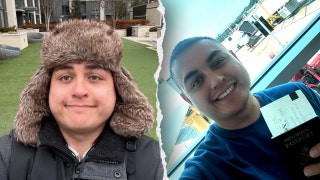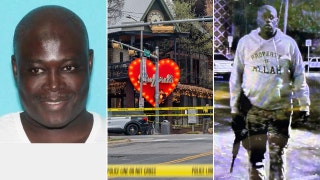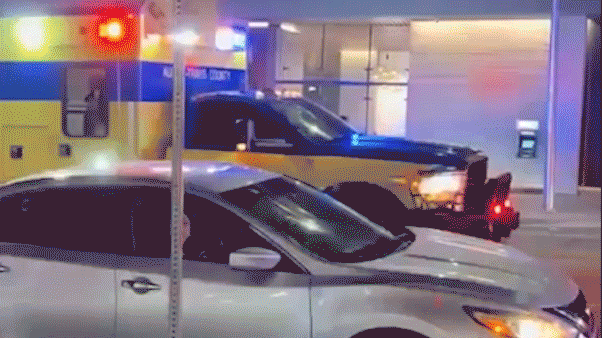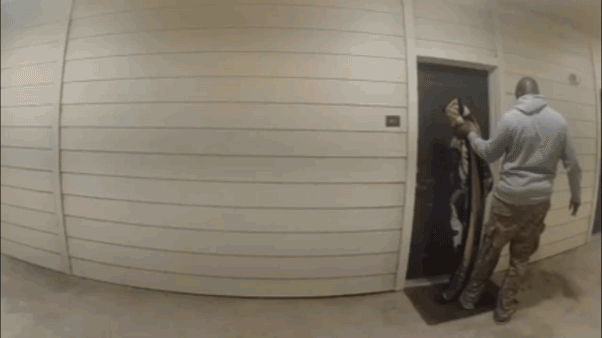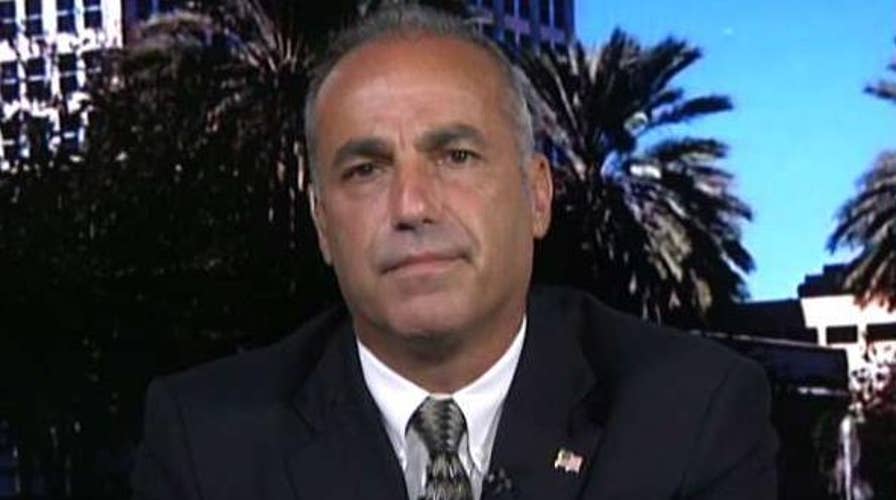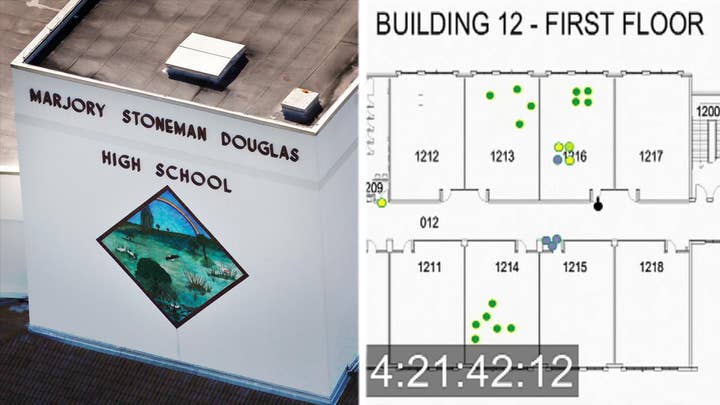Father of Parkland victim sues Broward County deputy
Andrew Pollack joins 'Your World' to explain why he's filing a lawsuit against Deputy Scot Peterson, the school resource officer who didn't enter Marjory Stoneman Douglas High School as the massacre unfolded.
Florida school officials and prosecutors are mounting a last-minute legal challenge to oppose the release of additional surveillance video of the outside of Marjory Stoneman Douglas High School the day of the massacre that killed 17 people.
A judge ordered the footage from several exterior cameras at the high school released to the media in an April 18 ruling, siding with news organizations who sued the Broward Sheriff’s Office and the Broward County school district to obtain it.
The school district has maintained that releasing additional video would weaken school security. Meanwhile, prosecutors say it might compromise the ongoing criminal case against school shooter Nikolas Cruz, 19.
But Judge Jeffrey Levenson disagreed, saying that "after careful consideration of the testimony and evidence presented, together with this Court's in-camera review of the video recordings from the exterior cameras, this Court finds that the video recordings minimally reveal information relating to the security system of Marjory Stoneman Douglas High School."
Court records show the Broward School Board and the State Attorney's Office both filed an appeal to the April ruling. The board had until this Wednesday to appeal.
The news comes just hours after the father of a Parkland school shooting victim filed a lawsuit Monday against former Broward County Deputy Scot Peterson, the school resource officer who remained outside Marjory Stoneman Douglas High School while the massacre unfolded.
Andrew Pollack's lawsuit is the second to be filed following the Feb. 14 shooting, and it faces some legal hurdles because law enforcement officers generally enjoy limited civil liability for negligence on the job.
WATCH: PARKLAND VICTIM'S FATHER ASKS FORMER DEPUTY HOW HE CAN LIVE WITH HIMSELF
Meanwhile, student Anthony Borges, who was shot five times as he shielded classmates during the massacre, in April filed a against Cruz, the estate of his late mother, a family that took him in after his mother's death and three mental health facilities that treated him.
Levenson had ordered some video footage from the massacre released in March. It focused on Peterson, who was armed and assigned to the school but never went inside during the Feb. 14 shooting.
The images caused intense criticism of local police and Peterson, who resigned under pressure.
“The video speaks for itself,” the Broward Sheriff’s Office said in a statement after surveillance images showed Peterson's actions during the shooting. “His actions were enough to warrant an internal affairs investigation, as requested by Sheriff Scott Israel on Feb. 21. After being suspended without pay, Peterson chose to resign and immediately retired rather than face possible termination.”
The Associated Press contributed to this report.

